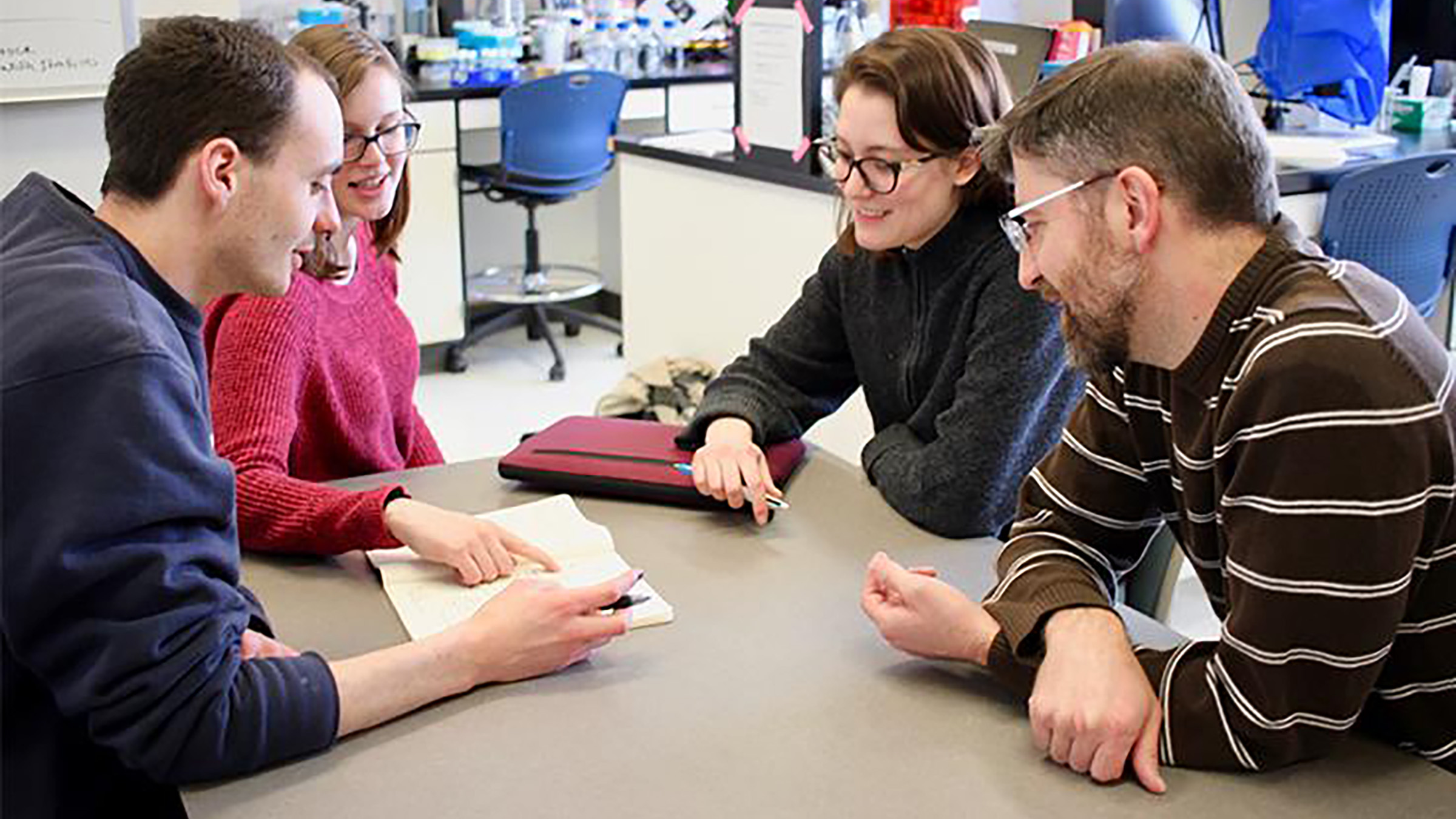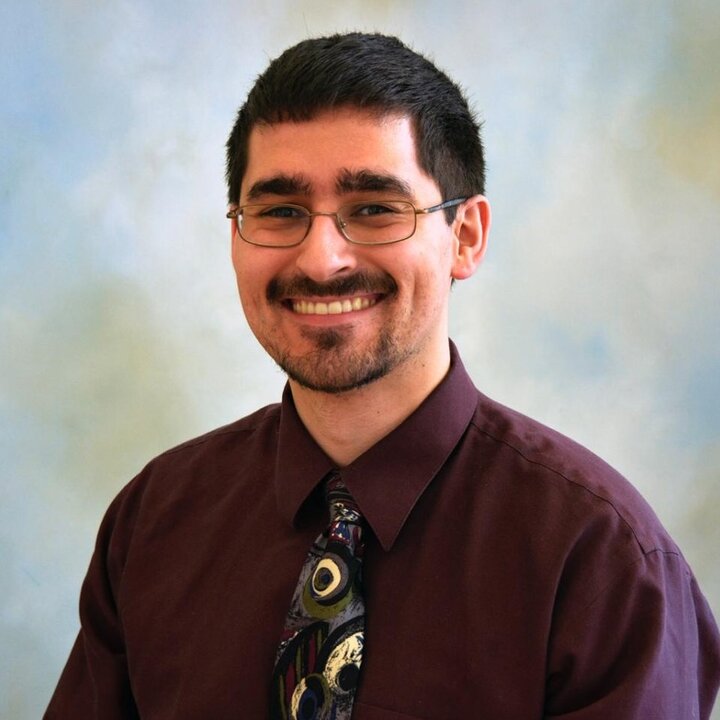Writing Fellows are primarily undergraduate Writing Center consultants who support faculty and students in particular classes across the disciplines. Fellows work closely with and are mentored by the faculty members teaching the course. Writing Fellows talk through ideas and problems with students to help them figure out how to express their own ideas as clearly and effectively as possible. Writing Fellows are not editors or proofreaders; rather, they are peers who work to help students meet their writing goals in these courses and become stronger, more confident writers and thinkers.
The Writing Fellows program supports courses at a variety of levels and from a wide range of disciplines. Our past collaborations have included courses in History, Political Science, Civil Engineering, Biology, Women’s and Gender Studies, and Agricultural Leadership, Education, and Communication, including several sections dedicated to William H. Thompson Scholars.
Frequently Asked Questions about the Writing Fellows Program
How the program works
- Each Fellow works with 10-15 students on writing assignments for the course.
- Fellows provide written feedback and conference individually with students about their writing.
- Fellows meet with faculty to discuss expectations for the writing assignments and share students’ progress on writing.
Why Participate?
Create more opportunities for feedback on student writing: Writing Fellows make it possible for faculty teaching courses outside of English to assign more and/or different writing assignments and to implement or enhance a drafting and revision process for student writing in that course.
Identify student challenges around writing: Fellows also serve as a direct conduit between faculty and students. They help translate faculty goals to students, while also identifying trends and challenges that students are experiencing around writing, which they can communicate back to faculty.
Improve student confidence and transferable writing skills: students have reported that working with a Writing Fellow improved their experience in the course, helped them be successful in the course, and helped them grow as writers by developing transferable writing skills.
What faculty have to say
“Working with the writing fellow made me more cognizant of my own writing process and … the kinds of things that are opaque to students as they are learning to improve their writing.”
“The Writing Fellow program, since it integrates directly into courses, and requires students to participate (instead of just visiting the writing center), helps professors be more effective and time-efficient in assigning more writing in their courses, which benefits students.”
“[The Fellows’] work was timely and helpful to my students, and they were incredibly valuable to my ability to provide meaningful feedback to my students on their writing.”
What students have to say
“[The Fellow] helped me to look at developing my ideas a step further for this paper, so I have been able to take that skill and use it in all of my writing.”
“It was nice to have someone not in the sciences read over the paper that is more versed in english [sic] and writing. It was good to have another perspective.”
“Helped me think more about my writing from the reader’s perspective, which improved the clarity of my writing."
How to Participate
If you are interested in participating, please email Dr. Ben Reed, Associate Director of the Writing Center. Please include the name of the course you think might be a good fit for the Writing Fellows Program, as well as the estimated class size for the course.


